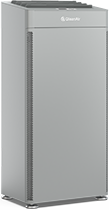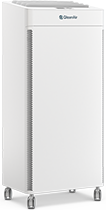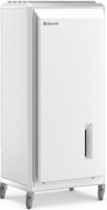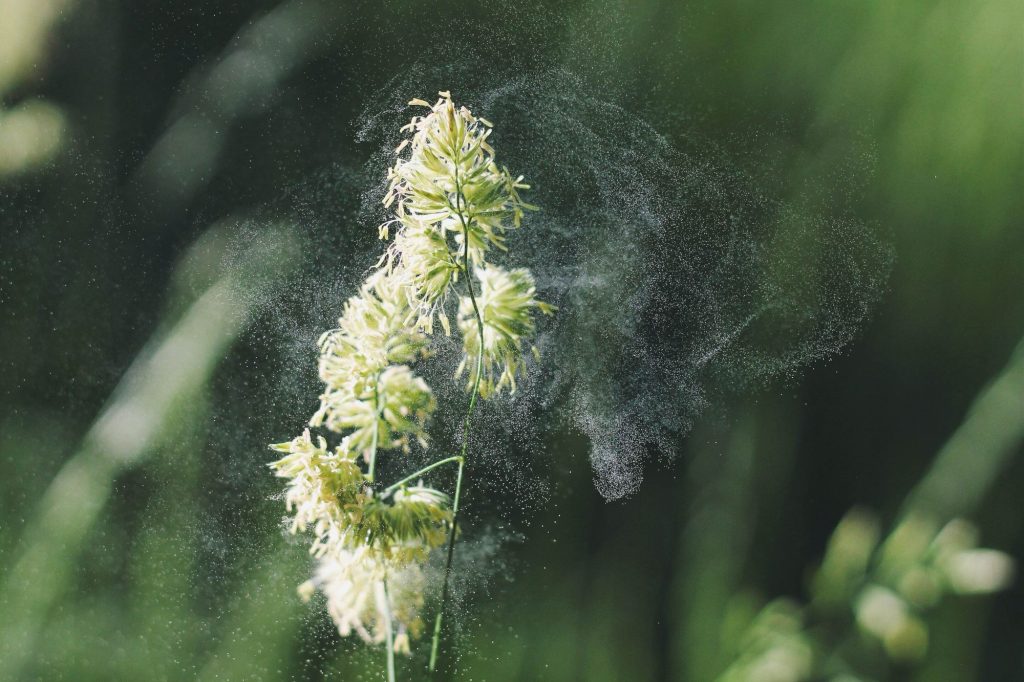
The pollen season is here
Pollen particles from trees and grass are present in the air in the Northern Hemisphere from around February to September. Many people react with flu-like symptoms like scratchy eyes, clogged or runny nose and sneezing. A general feeling of disease and tiredness which, if untreated can lead to asthma.
15-40% affected in Europe
Allergic rhinitis, also known as pollen allergy and asthma affect 15-40% of the European population according to Eumetnet, and the related direct and indirect costs are estimated to be between €50-150 billion per year. Bad indoor air aggravates the problems, and to make things worse, pollen and other contaminants accumulate in the indoor air. In fact, indoor air is often up to 50 times more polluted than the outdoor air according to the European Commission.
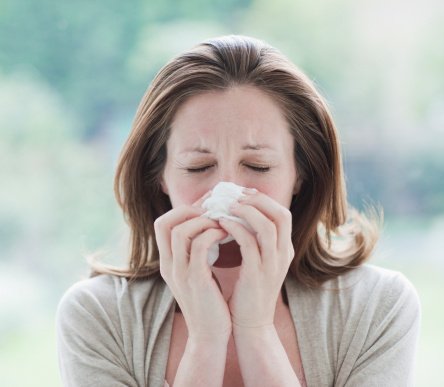
Lower productivity due to allergy
Productivity levels due to pollen allergies can drop by 25-40% amongst those most severely affected according to a Swedish study by Åslög Dahl. According to a study by Samantha Walker on teenagers in United Kingdom, seasonal allergy has a detrimental effect on examination performance. Therefore, we recommend that you test and control the indoor air in your organization. Typically, we help offices, conference centers, schools, healthcare, and care facilities to deal specifically with the pollen problem.
The awareness of the indoor air quality is on the rise
The benefits of investing in air quality are many – first and foremost, you ensure the health of the staff, reduce sick leave, and increase productivity. By showing that you as an employer prioritize the work environment, you can also increase security among employees and the willingness to reside at the workplace. Depending on your business, the indoor air can also have an impact on the attractiveness of customers and visitors, affect the durability of products and the efficiency of various processes.
Air cleaning makes a big difference
Freestanding air cleaners, strategically placed in an indoor working environment, will significantly improve the overall air quality in its environment. People will immediately have less symptoms from pollen and other airborne contaminants, like dust, combustion particles and other contaminants. And in the long run experience fewer virus and bacteria-related infections.


